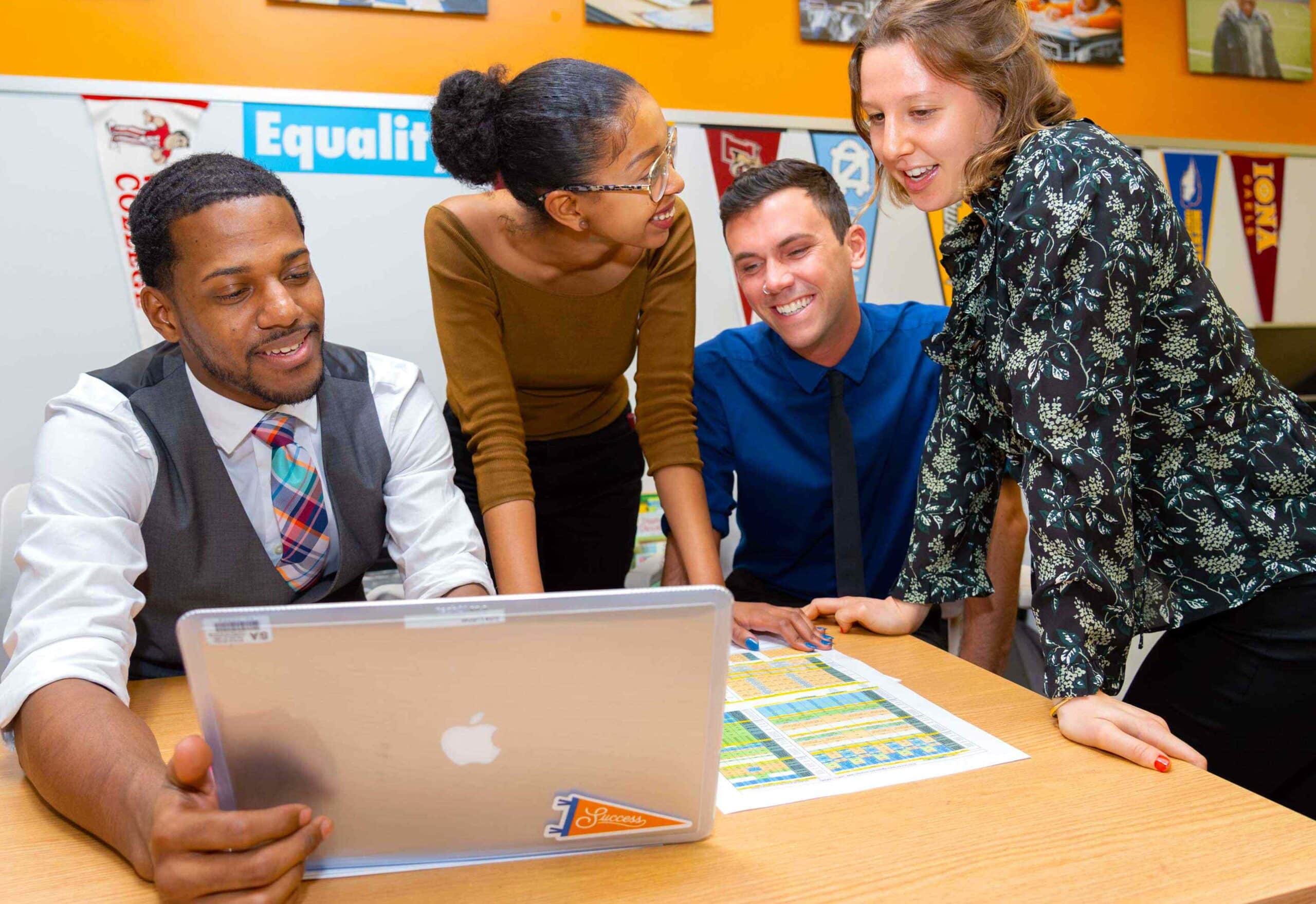What are Essential Questions? The best questions point to and highlight the key ideas of a unit. They serve as doorways through which learners explore the key concepts, themes, theories, issues, and problems that reside within the content, perhaps as yet unseen: It is through the process of actively “interrogating” the content through provocative questions that students deepen their understanding.1
How do we use Essential Questions? The point of education is not simply to learn the least controversial findings. Students need to see how penetrating questions and arguments produce knowledge and understanding. If transfer is the key to teaching for understanding, our designs must make clear that questions are not only the cause of greater understanding in the student, but also the means by which all content accrues. In other words, schooling must enable students to be on the inside of how understandings are born, tested, and solidified through inquiry, criticism, and verification. Our students need a curriculum that treats them more like potential performers than sideline observers. They need to experience how their own inquiries and discussions are “essentially” parallel to those of experts, and how even key agreed-upon understandings can change over time as a result of ongoing inquiry. In this way, they come to more deeply understand knowledge as the result of inquiries as opposed to disembodied “truths” that are just “out there” to be learned from teachers and texts.1
Teachers use the Essential Question to drive the unveiling and mastery of ideas, and ground the unit in an overarching purpose, often as a storyline. Mentioning the Essential Question or having students answer it at the end of some lessons does not mean the teacher is using it purposefully.
